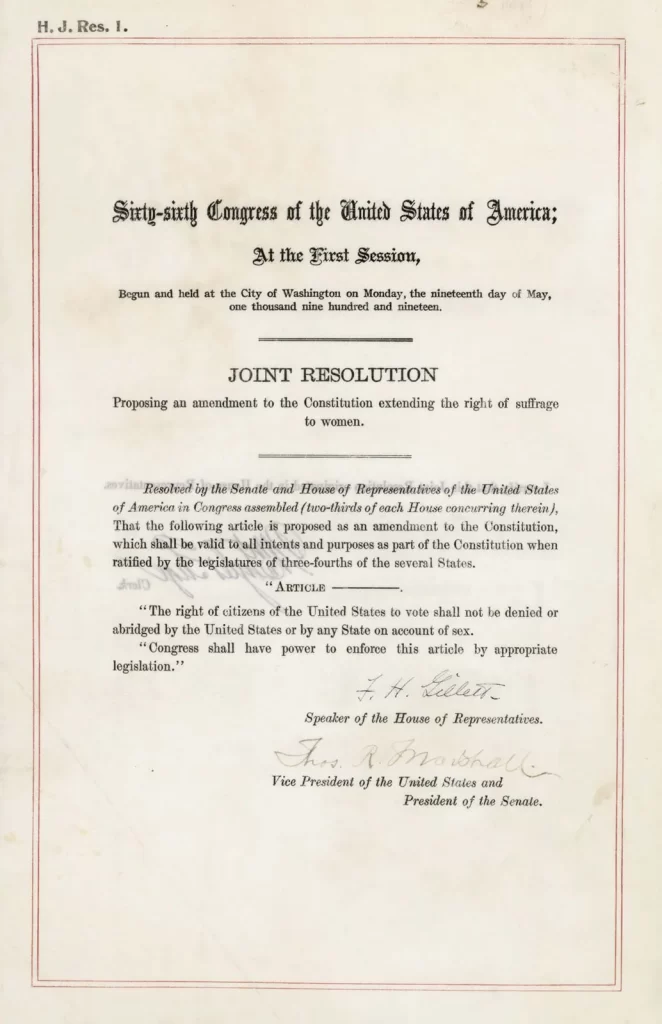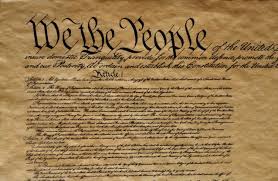The U.S. Constitution: Its Role in Politics Today
The U.S. Constitution is the foundational legal document of the United States. Written over 230 years ago, it still plays a crucial role in the political system today. Although the world has changed significantly since its creation, the Constitution continues to shape laws, rights, and political practices in the country. In this blog, we will explore how the U.S. Constitution impacts modern politics, ensuring it remains a living, guiding framework for American democracy.
What Is the U.S. Constitution?
The U.S. Constitution is a document that outlines the structure of the government and defines the rights of citizens. It was written in 1787 and came into effect in 1789. The Founding Fathers, who were the political leaders of the time, designed the Constitution to establish a system of checks and balances between the three branches of government: the executive, the legislative, and the judicial.
At its core, the Constitution is meant to limit the powers of government and protect the freedoms of the people. It includes a Preamble, seven Articles, and 27 Amendments. The first ten Amendments, known as the Bill of Rights, guarantee essential rights like freedom of speech, religion, and the press.
The Constitution was crafted to be adaptable over time. Through its amendment process, the Constitution can be updated to address new issues or societal changes, making it a living document. Its role in American politics today is to ensure that the principles of democracy, liberty, and justice are maintained in modern governance.
The Constitution and the Separation of Powers
One of the most important aspects of the U.S. Constitution is the separation of powers. This concept means that the government’s power is divided among three branches:
- Executive Branch: Headed by the President, this branch enforces laws.
- Legislative Branch: Consisting of Congress (the Senate and the House of Representatives), this branch creates laws.
- Judicial Branch: Led by the Supreme Court, this branch interprets laws and decides if they are constitutional.
The Founding Fathers were concerned about concentrating too much power in any one person or group. To prevent this, they designed the system of checks and balances. Each branch has some control over the others to make sure no one branch becomes too powerful.
For example, the President can veto laws passed by Congress, but Congress can override that veto with a two-thirds majority vote. Meanwhile, the Supreme Court can declare laws unconstitutional, limiting the power of both the executive and legislative branches. In modern politics, this system of checks and balances is essential for preventing abuses of power and ensuring government accountability.
How the Constitution Shapes Laws
The Constitution has a direct influence on laws passed in the U.S. Every law created by Congress or the state legislatures must align with the Constitution. If a law conflicts with the Constitution, it can be challenged in court, and the judicial system will review it.
The Constitution also sets the foundation for key legal principles in the U.S. For instance, the Fourth Amendment protects citizens against unreasonable searches and seizures, influencing modern debates on privacy and government surveillance. Similarly, the First Amendment guarantees the freedom of speech and press, which continues to affect discussions about censorship and media regulation.
In modern politics, lawmakers and judges frequently refer to the Constitution when creating, debating, or interpreting laws. Political leaders must operate within its guidelines, making the Constitution a fundamental part of the legislative process.
The Constitution and Individual Rights
The U.S. Constitution protects the individual rights of citizens, which plays a central role in political debates today. The Bill of Rights, added shortly after the Constitution was written, ensures that certain freedoms cannot be taken away by the government. These rights include freedom of speech, freedom of religion, the right to bear arms, and protection against self-incrimination.
These constitutional rights often become the focus of political campaigns and legal cases. For example, discussions about gun control laws frequently center on the Second Amendment, which protects the right to own firearms. Similarly, debates about free speech on social media platforms often revolve around the First Amendment.
In today’s political climate, the interpretation of these rights sometimes changes based on societal values and Supreme Court rulings. As new technologies and social issues arise, courts and lawmakers are continually reinterpreting what these rights mean in modern life. Thus, the Constitution remains central to ensuring individual freedoms in the face of political challenges.
Amendments and Political Change

The U.S. Constitution can be changed through a process called amendments. This adaptability is one of the reasons the Constitution has remained relevant for so long. However, changing the Constitution is intentionally difficult. An amendment must first be proposed, either by a two-thirds majority in Congress or by a convention called for by two-thirds of state legislatures. Then, three-fourths of the states must ratify it for the amendment to become law.
There have been 27 amendments to the Constitution so far. Some of the most significant amendments include the abolition of slavery (13th Amendment), women’s right to vote (19th Amendment), and lowering the voting age to 18 (26th Amendment). These amendments demonstrate how the Constitution can evolve to reflect the changing values and priorities of society.
In modern politics, there are ongoing discussions about potential new amendments. Some political leaders advocate for amendments to address issues like campaign finance reform or to introduce term limits for members of Congress. While these amendments have not yet been passed, they show how the Constitution continues to be a tool for shaping political change.
The Constitution and the Role of the Supreme Court
The Supreme Court plays a critical role in interpreting the U.S. Constitution. When legal disputes arise about the meaning of constitutional provisions, the Supreme Court has the final say. Its rulings can have a profound impact on politics and society.
For example, landmark Supreme Court decisions like Brown v. Board of Education (1954), which declared racial segregation in public schools unconstitutional, and Roe v. Wade (1973), which addressed abortion rights, have had lasting effects on American law and politics.
In recent years, the political landscape has been heavily influenced by Supreme Court rulings on issues like same-sex marriage, healthcare, and immigration. These decisions highlight how the Court can interpret the Constitution in ways that significantly affect the direction of the country.
The justices of the Supreme Court are appointed by the President and confirmed by the Senate, making their appointments a key political issue. The ideological leanings of the Court can shape its decisions, and thus the interpretation of the Constitution, for decades.
The Constitution’s Role in Political Campaigns
Political candidates often refer to the Constitution during their campaigns. They emphasize their commitment to protecting constitutional rights and adhering to the principles outlined in the document. Whether it’s defending free speech, the right to bear arms, or religious freedom, political leaders frequently use the Constitution to appeal to voters.
Candidates may also promise to appoint judges who interpret the Constitution in a way that aligns with their political beliefs. For example, conservative candidates may advocate for judges who support a strict interpretation of the Constitution, while liberal candidates might favor judges who interpret the Constitution in a way that allows for more progressive policies.
During elections, the Constitution becomes a focal point of debates, as candidates argue over how best to apply its principles to modern issues. This ensures that the Constitution remains at the center of political life in the U.S.
The U.S. Constitution as a Global Influence
The U.S. Constitution has not only shaped American politics but has also influenced the development of democratic governments around the world. Many countries have used the U.S. Constitution as a model when drafting their own constitutions, adopting principles like the separation of powers, checks and balances, and the protection of individual rights.
In today’s global political landscape, the U.S. Constitution remains a symbol of democratic governance and the rule of law. It continues to inspire movements for freedom and justice worldwide, reinforcing its role as a guiding force in both national and international politics.
Conclusion
The U.S. Constitution remains a powerful and influential document in American politics today. Its principles of democracy, individual rights, and limited government continue to shape laws, political debates, and the actions of government leaders. Through its adaptability and the role of the Supreme Court in interpreting its provisions, the Constitution remains a living document that evolves with the needs of society. As the U.S. faces new political challenges, the Constitution ensures that the core values of American democracy endure.










